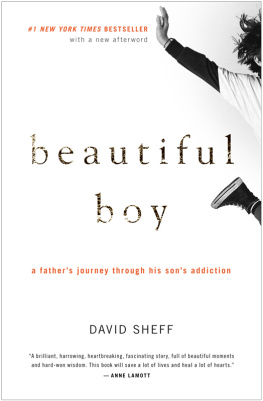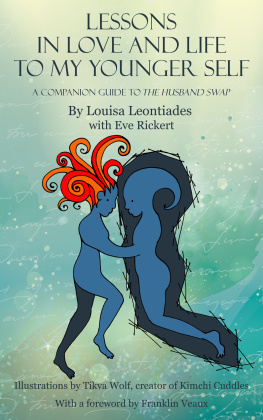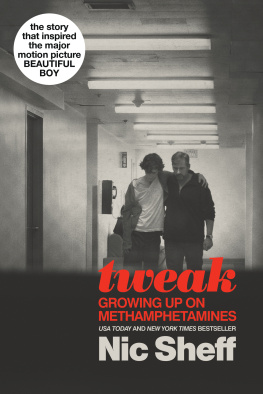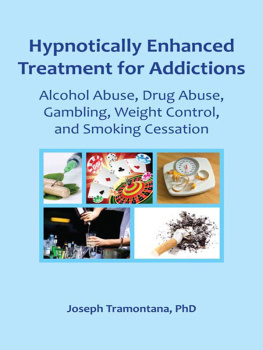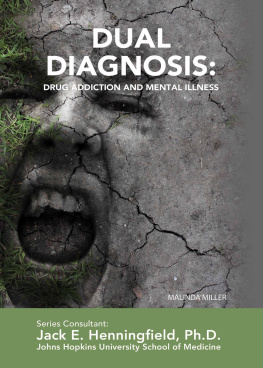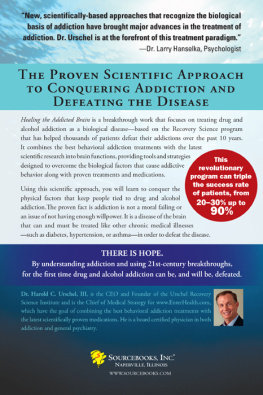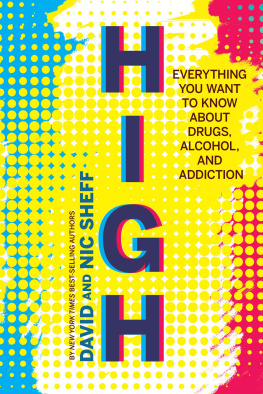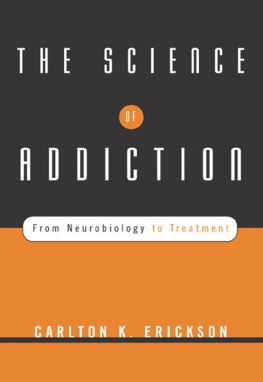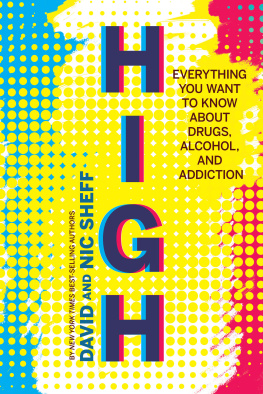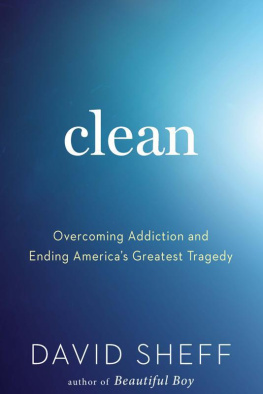Copyright 2013 by David Sheff
All rights reserved
For information about permission to reproduce selections from this book, write to Permissions, Houghton Mifflin Harcourt Publishing Company, 215 Park Avenue South, New York, New York 10003.
www.hmhbooks.com
Library of Congress Cataloging-in-Publication Data is available.
ISBN 978-0-547-84865-5
eISBN 978-0-547-84866-2
v1.0413
This book includes information about a variety of topics related to the treatment and prevention of addiction and the treatment of mental illness. The ideas, procedures, and suggestions contained in this book are not intended to replace the services of a trained professional. All matters regarding the diagnosis and treatment of addiction and mental illness require medical supervision. This book does not endorse or recommend any specific treatment program or facility. The author and publisher disclaim responsibility for any adverse effects resulting directly or indirectly from information contained in this book.
To those afflicted with addiction, to their loved ones, to those weve lost to this disease, and to those working to prevent addiction and treat the addicted
And to Karen Barbour
Authors Note
Over the years I researched Clean, many people afflicted with addiction and many of their family members bravely shared their stories. Some spoke under the condition that I use only their first names or pseudonyms and change details that would identify them or their loved ones. Named or not, Im deeply grateful to them all for their willingness to speak to me and their desire to help others in their straits. Similarly, I report on visits to inpatient and outpatient treatment programs, sober-living residences, and other facilities that, in some cases, allowed me onto the premises only under the condition that neither they nor their patients be identified.
Preface
T HE VIEW THAT DRUG use is a moral choice is pervasive, pernicious, and wrong. So are the corresponding beliefs about the addictedthat theyre weak, selfish, and dissolute; if they werent, when their excessive drug taking and drinking began to harm them, theyd stop. The reality is far different. Using drugs or not isnt about willpower or character. Most problematic drug use is related to stress, trauma, genetic predisposition, mild or serious mental illness, use at an early age, or some combination of those. Even in their relentless destruction and self-destruction, the addicted arent bad people. Theyre gravely ill, afflicted with a chronic, progressive, and often terminal disease.
People also believe that addicts cant be treated; at best, they can muster their willpower and manage their compulsion for a short time. But while its true that addicts who seek treatment are seldom cured, their disease is treatable when we reject the pseudoscience, moralizing, and scare tactics that characterize the current system. The disease of addiction can be prevented, and when we treat it the way we treat other diseases, those in its thrall can be freed to live long, full, healthy lives.
The mission of Clean is to describe the scope of Americas drug problem and explain how and why weve failed in our efforts to combat it. I show why we must waste no time in rejecting the existing paradigm that got us into this catastrophic mess. I provide scientific evidence that will change the way we think about drugs and addiction. Finally, and most important, I present the hopeful news that we can now effectively prevent drug use and treat addiction. When we do, we do more than help those with drug problems and their families. We also start to remedy Americas single greatest problem, one that affects almost every other problem you can namethe quality and availability of health care, the national and international economic crisis, poverty, spousal and child abuse, suicide, U.S. competitiveness in the world economy, property crime, violence, shattered families, decimated neighborhoods, and many others.
As a young child, my firstborn son, Nic, was happy and excited about everything, kind and sincere and funny. Parents like me monitor external barometers to tell us how our kids are doing, and according to those, as Nic grew older, he did well. He had friends; he was a good student, an athlete (on the varsity swim and water polo teams), and a lauded student journalist. Most important, he seemed so joyful. But, beginning when he was twelve years old, he was also using drugs, initially smoking pot.
A decade later, I still look back and ask, How did it start? How does it start for any of our children, our husbands or wives, partners, parents, siblings, friendsfor anyone who becomes addicted? Nic says he tried drugs because he was curious, and everyone seemed to be using, at least, everyone who was cool. When he tried them, he felt fantastic. He used more and then more. He graduated from high school, but he also graduated to other drugs. He began college but didnt last long there. Instead, he became homeless, sleeping in cars, abandoned buildings, and city parks. He lied to his family and stole from us. He took pills (psychedelics, ecstasy, uppers, downers), used cocaine, andinconceivably to mebegan shooting heroin, crack, and crystal meth.
I wrote about the years our family lived through his addiction in the book Beautiful Boy. Readers of it and of Nics own booksa pair of memoirs, Tweak: Growing Up on Methamphetamines and We All Fall Downknow many of the gory details. Over the course of a hellish half a dozen years, Nic dealt drugs, was beaten up, and was wanted by the police. Once, a doctor informed him that he would probably have to amputate Nics arm because it had become infected after Nic shot heroin and crystal meth. (Miraculously, the doctor was able to save it.) There were many times when Nic nearly died. Id think, This cannot be happening to my son. Not to Nic. I thought hed be protected by his intelligence, his education, ushis family. Nic didnt look like the addicts Id see on the streets. Id walk by those hollow-eyed, trembling wraiths and avert my gaze. I thought it was impossible that Nic would become one of them, but he did.
The experts say that addiction is a family disease. For a long time, I didnt understand what that meant. When Nic became addicted, I thought he was the one with the problem. He was the one who needed help. But my sons addiction wasnt destroying only him. It was destroying our family. It was destroying me. I couldnt function. I couldnt work, couldnt take care of the rest of my family. Nic repeatedly disappeareda day and a night, two days, a weekand Id be out of my mind with worry. I couldnt sleep. I did what parents who dont know where their children are do. I called the police, the hospital emergency rooms. One time, when I called the local sheriffs office looking for Nic, an officer asked, Mr. Sheff, have you tried the morgue?
I was in a state of unrelenting, immobilizing panic. As I described it in Beautiful Boy, I became addicted to Nics addiction. How could I not? My son was mainlining drugsas I wrote, shooting poison into his arms, arms that not that long ago threw baseballs and built Lego castles, arms that wrapped around my neck when I carried his sleepy body in from the car at night.
For the sake of Jasper and Daisy, our younger children, my wife, Karen, and I carried on as normally as possible. They were not only confused and intensely worried about their big brother but also traumatized by their parents distress. When Jasper watched Nic being arrested, he was inconsolable. Back when she was in grade school, Daisy wrote about her childhood for a homework assignment. I was born into a latticework of lovely oceans and hunched shadowed vampires tangled together in an inseparable knot. Most of what I remember about being little is marvelous, with my two wise brothers carrying me upon their shoulders. But then everything sort of flipped over. Nic was tired and slinking and then he was gone. My strong pillar parents crumbled.
Next page
